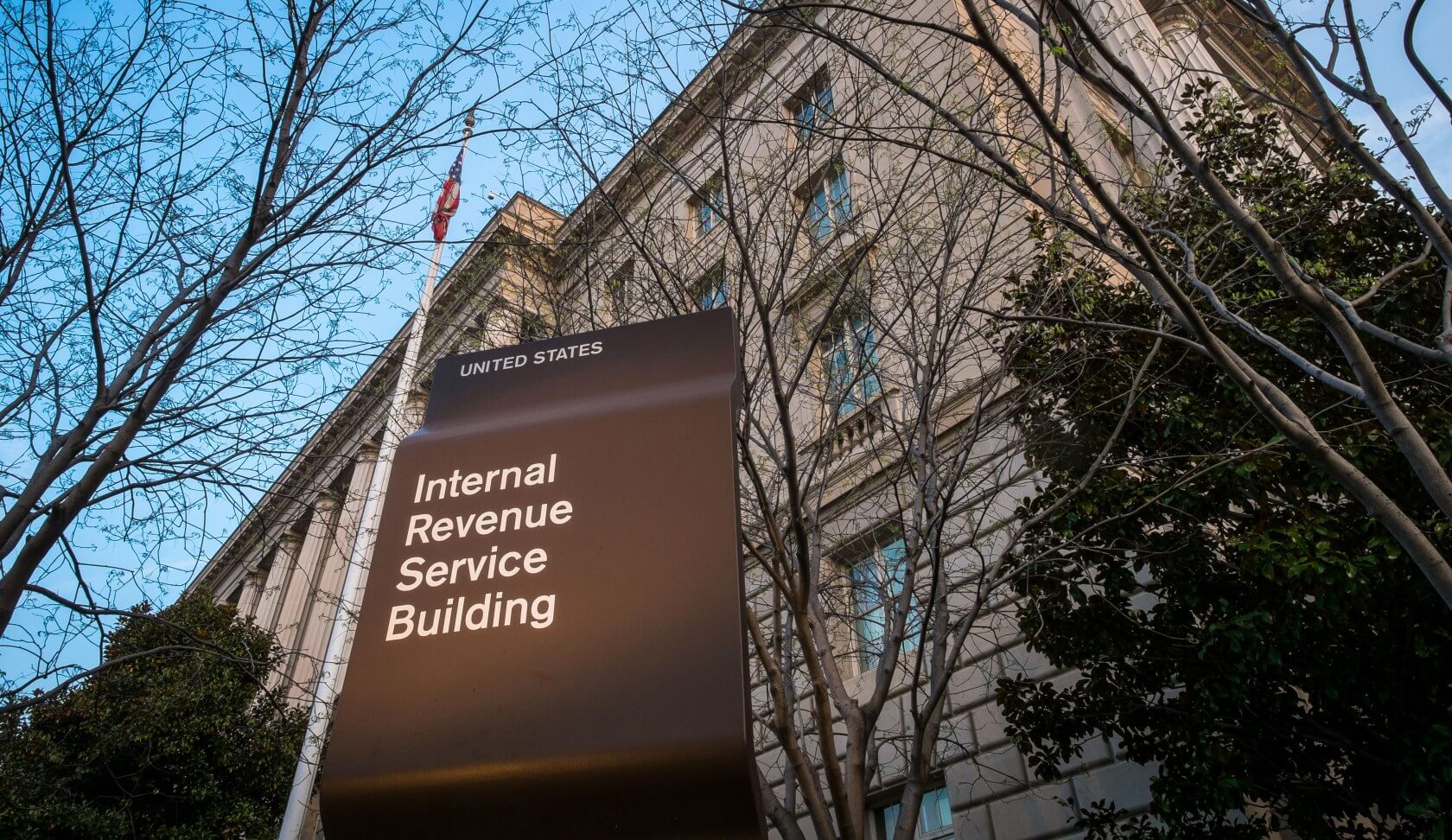If there's one thing many Americans fear more than criminals or a lengthy prison sentence, it's the Internal Revenue Service (IRS). There are few things worse than an audit, so most US citizens do their best to avoid them when possible – in general, that means paying your taxes properly and on time. Unfortunately, if you invest in cryptocurrency, things become an awful lot more complicated.
Some crypto investors found that out the hard way recently, according to a report from Coindesk. The site says some taxpayers have recently received letters from the IRS stating that they owe some pretty hefty sums due to improperly reporting (or failing to report) income accrued from crypto returns. One letter claimed a taxpayer owed "nearly $4,000" for the 2017 tax year.
Though there are undoubtedly many legitimate cases where American citizens have failed to pay taxes on cryptocurrency earnings, there's also the potential for mistakes to occur on the part of the IRS (or the financial institutions that feed information to the organization).
Coindesk says one letter recipient reported $0 in crypto revenue – perhaps due to sudden and dramatic value drops that are common in the industry – but received a notice from the IRS stating that he earned $12,000 from crypto transactions. While it's obviously possible that this recipient misreported his income, there could be something else going on.

As Coindesk theorizes, these "discrepancies" could be occurring due to crypto exchanges issuing 1099-K forms instead of 1099-B forms. 1099-K forms, the outlet says, may lead to many transactions being reported as revenue and not potential losses (which are common in the crypto market).
"The amounts on the form, what they're doing is if I make a trade for $100,000 on a platform, I buy 1 bitcoin for $100,000 and I sell it a couple weeks later for $90,000 I could have a $10,000 loss," tax attorney Justin Woodward told Coindesk, as an example. "but I have a 1099-K that says I received $90,000."
Whatever is truly going on here, it's clear that investing large sums of money into cryptocurrencies – whether you make a profit or not – is an even riskier decision than previously thought. Until regulators and the IRS are able to catch up with the latest crypto technologies, tax demand letters (such as the ones mentioned above) will likely continue to be sent out.
Of course, citizens are free to object to these letters, and should certainly do so if the scenario outlined above by Woodward happens to them. However, if you choose to do so, you'll need to provide detailed documentation that proves your stance.
Middle image credit: CBS News
